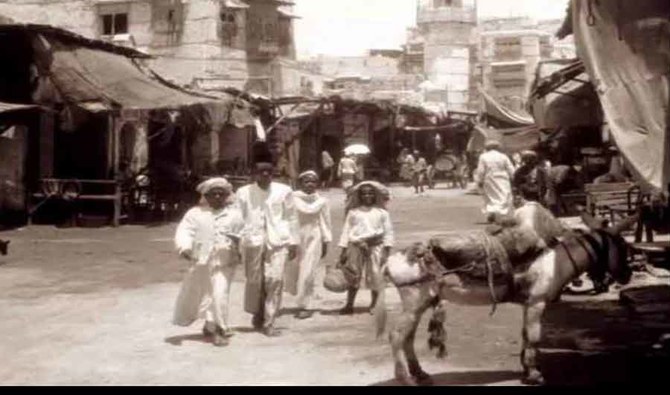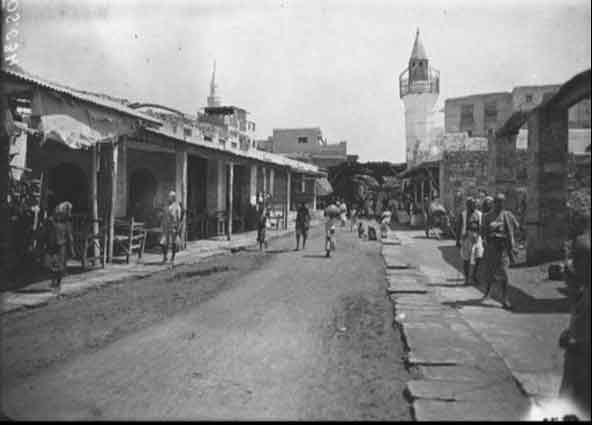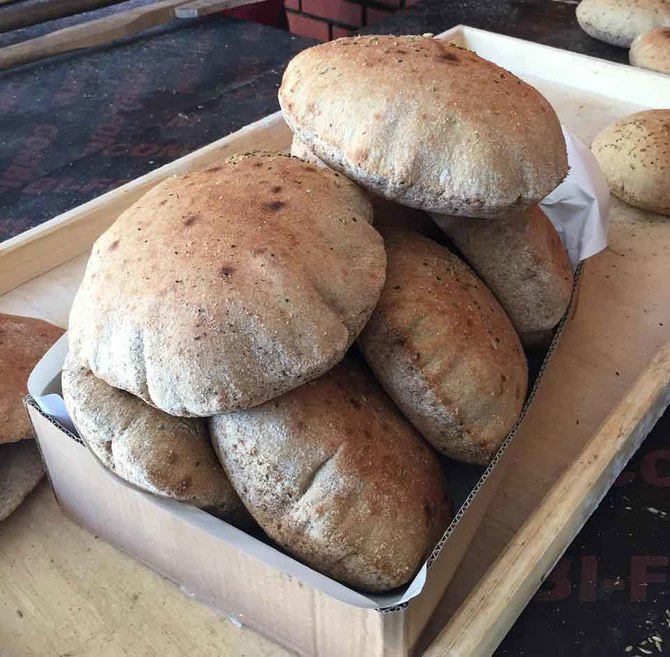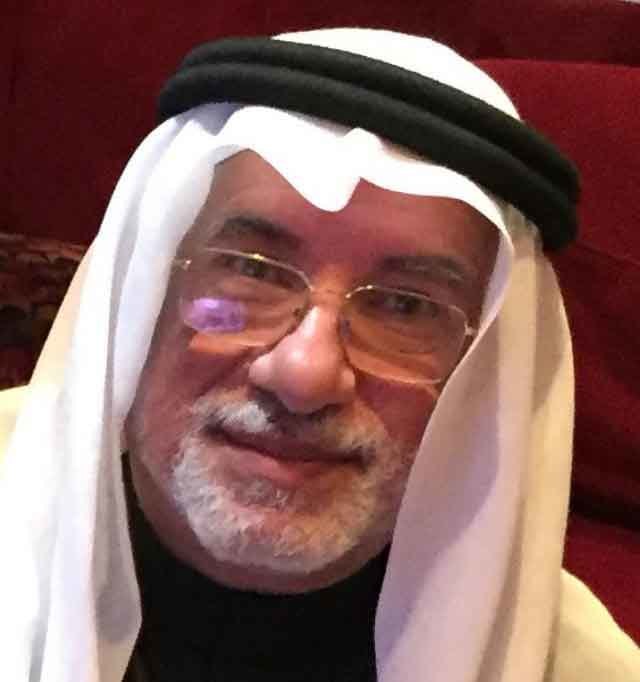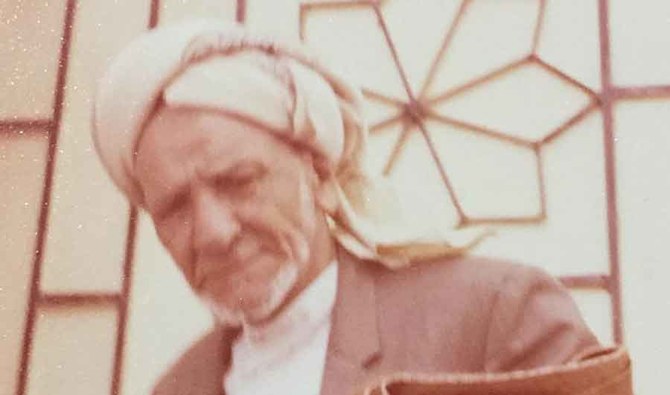MAKKAH: For many Jeddawis, the smell of freshly baked bread awakens memories of their early childhood, and for many local bakers, it is the continuous flow of valued customers that keeps that memory alive.
It has been more than half a century since one of the oldest existing bakeries was opened in Saudi Arabia. Forn Al-Shaikh was founded by Sheikh Youssef Shoukry more than 50 years ago and provided the residents of Jeddah with some of the freshest baked goods in the city. Shoukry’s reputation spread so fast that it crossed borders into Bahrain, Pakistan and Egypt, and as far as the UK and the US, as people exported his freshly baked bread across the Red Sea and beyond.
Speaking to Arab News, Mukhtar Shoukry said that his father was the head baker in Jeddah from 1952 until he died in 1999, building up years of experience in the baking business.
Mukhtar told Arab News: “My father was born in Madinah in 1888 and lived most of his life in Madinah. He was raised as an orphan and by the time he was 10 years old, he worked for the head baker in Al-Madinah at the time.”
He added that his father and relatives “were grain merchants, and when my aunt married the head baker in Madinah at the time, Mahmoud Azzouni, my father started working as a baker for very little money, but he loved the profession.
“He worked with his uncle for about eight to 10 years, after which he met Uncle Fakhri, who used to send merchants to the Levant. My father traveled and resided for three years in the AlUla region and then moved to Al-Wajh during the days of the Sharif Al-Ghalib family and the Turks, before moving to Makkah. Then, he returned to Madinah to work as a baker again.
“He had a harsh upbringing, as he worked from a very early age, but he gained experience and knowledge from the company of men surrounding him, moving from one social circle to the next even though he was illiterate,” he said.
FASTFACTS
• Forn Al-Shaikh was founded by Sheikh Youssef Shoukry more than 50 years ago.
• Shoukry’s reputation spread so fast that it crossed borders into Bahrain, Pakistan and Egypt, and as far as the UK and the US.
Shoukry said that the Hijaz region was the corridor through which millions of Muslims crossed through the ages to the Two Holy Mosques in Makkah and Madinah, bringing with them their culture, heritage, traditions and experiences.
He added: “Therefore, the Hijaz is the crucible in which Eastern experiences and science accumulated throughout the centuries, bringing together traditional Eastern and Arab medicine, culminating in the slogan ‘Food is Medicine,’ because people used to treat themselves with food.
“My father had great experience and knowledge of various types of food that were used as medicine, and had a strong religious background. Therefore, he was known as a pious and wise man.”
After years of working in Madinah, a misunderstanding and dispute between Shoukry and the head baker of the city at the time made him leave Madinah and move to Jeddah, where he opened a small bakery in the city’s Nada market, located in Harat Al-Sham, northwest of the city.
In the early 1950s, the quality of his bread and mastery of the profession had people flocking to his bakery, and soon after, he was recognized as the official head baker of the city, and was given the authority to inspect and direct all bakers. A ceremony was held to celebrate the event that included former head bakers, too, including Hassan Maghribi, Hamid Al-Hubaishi, Mustafa Amin, Saleh Hamada and Mohammed Ali, among others.
In 1924, Shoukry was the contemporary of then Mayor Ali Salama and the 13 mayors of Jeddah after that.
Mukhtar Shoukry said: “My father used to sit in a special place at the entrance of Souk Al-Nada. He used to be dressed in a distinguished traditional sedairy (vest), his imamah or head wrap and carried his prayer beads and pocket watch. Sometimes, he led the prayers at Souk Al-Nada’s small mosque in front of the bakery. He would walk for several kilometers from his home in the Al-Kandara neighborhood before the dawn call to prayer alone, in order to reach the Al-Basha Mosque or the Al-Nada Mosque in time for prayer. He worked in the bakery until past his 60s and then trained his workers to maintain the quality of bread.”
Distinguished by piety, righteousness, intelligence and wise opinions, Shoukry’s bakery has lived on to serve thousands, if not millions of people, from the days of the Ottomans until today. A bakery that started off selling three types of bread — Samoli bread, which resembles French bread, Shami bread, a pita bread, and flatbread — has now moved on to bake other popular products.
“The oven is still working and produces the same old special taste with its distinct aroma and flavor,” Shoukry’s son said. “The old mixture is still preserved in this bakery even after his passing more than two decades ago, and most of his customers are from Al-Balad, Qabel Street, Suwaiqah, Al-Sham Street and other nearby neighborhoods of the old city of Jeddah.”
The freshness of the aroma can still be detected when passing by the old market, in the exact same spot it was first established all those years ago, serving the people, both old and young, in the same quality and quantity, a treasured relic of the old city still going strong today.



